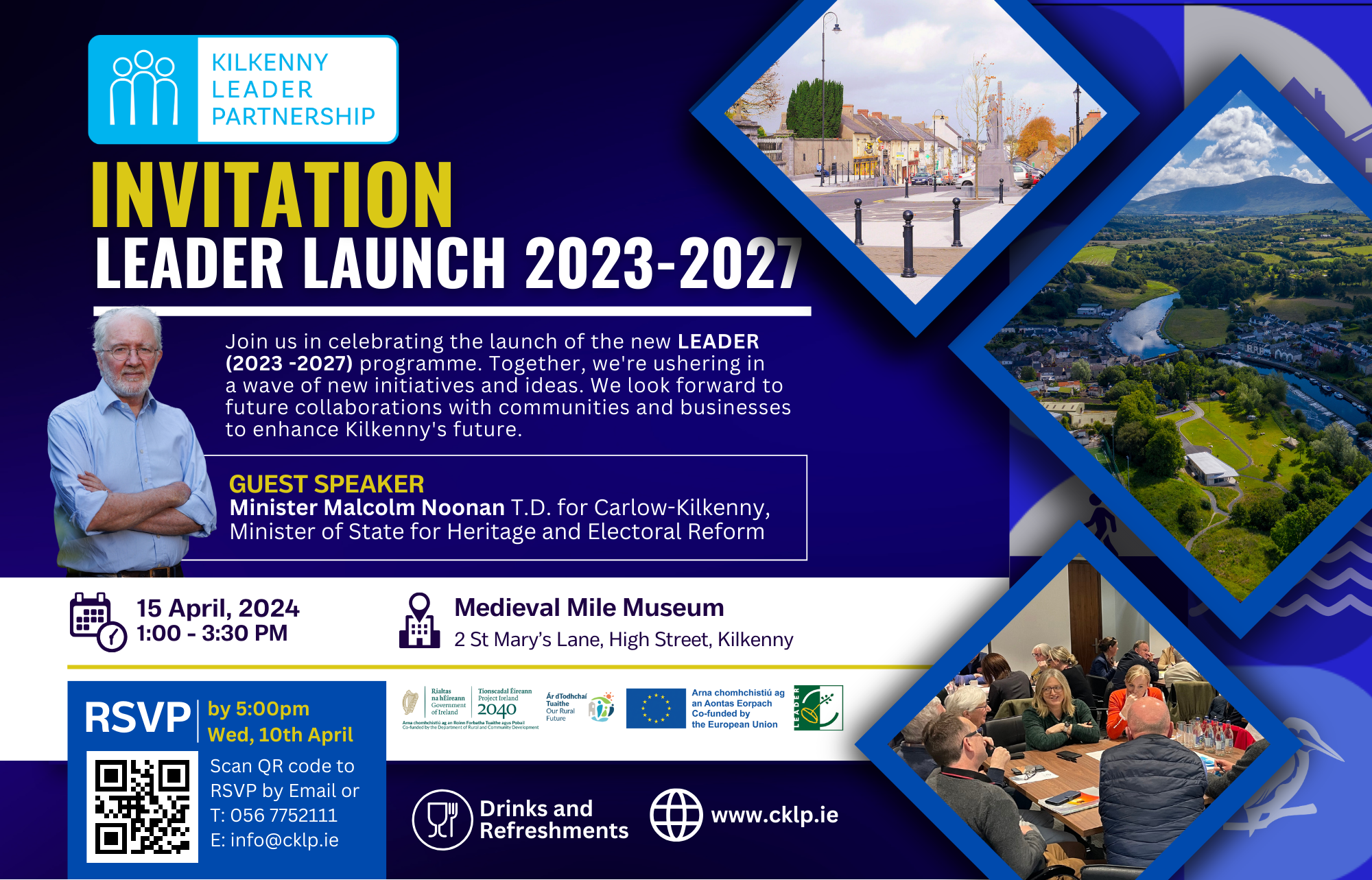Every single person, no matter where they live in Ireland, should have access to a reliable, integrated public transport system and leaving the car behind should be a right, not a luxury, experts say.
Connected rural communities explicitly need to have a solid, integrated physical mobility infrastructure and a co-ordinated mobility plan, similar to the National Broadband Plan, would be a fundamental enabler for communities right across rural Ireland. It would have a transformative impact on the lives of all, the organisers of the imminent iRoute conference in Kilkenny say.
Wherever you live in rural Ireland, you should be able to go about your daily business with the back-up of a rural transport programme that operates several times a day every day. Better rural connectivity would also spur those with cars to use public transport more, cutting down harmful emissions, the international Integrated Rural & Urban Transport Evolution (iROUTE ) conference in Kilkenny on May 5 will hear. Early bird booking is open now on https://www.eventbrite.ie/e/iroute-2-conference-kilkenny-tickets-166805392419
The event brings together national and international contributors from a variety of backgrounds, including transport providers, academic experts, funders, community groups, local development companies and public representatives. All have a singular aim – putting rural public transport policy in the spotlight.
Speaking ahead of the conference, internationally-renowned Transport Expert, Brendan Finn, said: “There is a world of difference between being able to travel one day a week on a rural link service and being able to travel as required. Yet developing a new Rural Transport Policy is item 100 on the government’s top 100 priorities list.
“The Connecting Ireland Rural Mobility Plan only fills in the blanks. There is no policy to back it up. Almost every European country lacks a comprehensive policy for rural mobility. There are no clear goals, no specific targets, no clear responsibilities and insufficient funding to meet growing needs.
“We need clarity in terms of what the role of the public, the private and community sector is in rural connectivity, who should lead it, who is responsible for it and where the money will come from. Rural mobility and accessibility policy is as important as rural broadband and it needs to be made a priority now.
“Joined up thinking would ensure that thriving, inclusive rural communities across Ireland and across the continent can make a real contribution to the economic growth and social progress of Europe as a whole.”
Large urban hubs get the lion’s share of investment, yet rural Ireland is often neglected, according to Declan Rice, conference organiser and CEO with Kilkenny LEADER Partnership. And while the government announced €57 million for the Local Link transport service across 15 separate communities in October of last year, there is no joined up thinking or integrated plan, he said.
“A fundamental lack of joined up policy means that local authorities and communities are all doing their own thing. This policy gap cannot continue. We need top-down frameworks such as they have in Flanders, which facilitates, and makes room for the inclusion in that framework, of bottom-up community-led local initiatives.
“Local bespoke solutions that meet at least a basic level of service and have the capacity to grow need to be supported. We have all the building blocks, some of what we require is the use of information and communication technology that has already been proven to work in other parts of the world. It’s not going to take a huge amount of money – just some joined up effort.
“If we are serious about creating so-called ‘Smart Villages’ and communities we just need to get the integration planning discussion going and make it work. Ireland has a unique opportunity to lead the way and to show how the future should look for rural shared mobility planning,” Mr Rice concluded.





![23-27 LEADER Programme Logos-2040 logo Text PNG[29] 23-27 LEADER Programme](http://cklp.ie/wp-content/uploads/23-27-LEADER-Programme-Logos-2040-logo-Text-PNG29.png)




